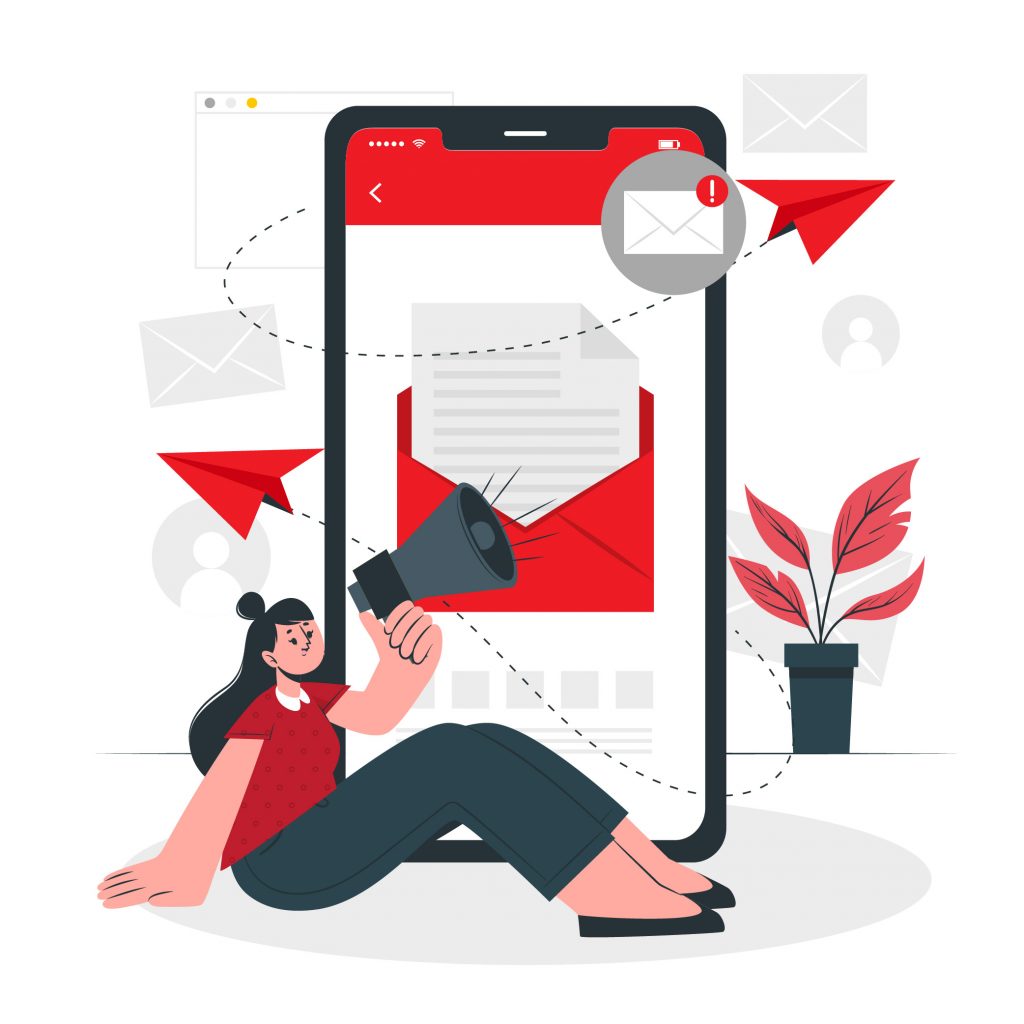Leveraging SMS for Effective Healthcare Communication
healthcare communication effective communication is crucial in the healthcare industry for ensuring patient care, compliance, and operational efficiency. SMS provides a powerful, direct, and efficient way to communicate with patients, caregivers, and healthcare professionals. Here’s how healthcare providers can leverage SMS for effective communication.
Table of Contents

Here’s how healthcare communications providers can leverage SMS :
1. Appointment Reminders
Reducing missed appointments is essential for maintaining efficient healthcare operations and ensuring continuity of patient care.
Strategies:
Automated Reminders: Implement automated SMS reminders sent to patients a day or two before their scheduled appointments.
Confirmation Requests: Allow patients to confirm, reschedule, or cancel appointments directly through SMS.
2. Medication Reminders
Ensuring patients adhere to their medication schedules is critical for the effectiveness of treatment plans.
Strategies:
Daily Reminders: Send daily or weekly SMS reminders to patients to take their medication at the prescribed times.
Refill Alerts: Notify patients when it’s time to refill their prescriptions.
3. Health Tips and Wellness Programs
Promoting preventive care and healthy lifestyles can improve patient well-being and reduce overall healthcare costs.
Strategies:
Weekly Health Tips: Send regular SMS messages with tips on nutrition, exercise, and overall wellness.
Program Enrollment: Inform patients about available wellness programs and provide instructions on how to enroll.
4. Patient Education and Information
Educating patients about their conditions and treatments can improve health outcomes and patient satisfaction.
Strategies:
Condition Information: Use SMS to send links to educational resources about specific health conditions.
Post-Visit Summaries: Provide summaries of doctor visits, including care instructions and follow-up steps.
5. Lab Results and Medical Reports
Efficiently sharing lab results and medical reports can streamline patient care and reduce waiting times.
Strategies:
Result Notifications: Inform patients via SMS when their lab results are ready, including instructions on how to access them.
Secure Links: Use secure links to share sensitive information, ensuring patient privacy.
6. Emergency Alerts and Notifications
Quickly disseminating critical information during emergencies can save lives and enhance patient safety.
Strategies:
Crisis Communication: Send SMS alerts to inform patients and staff about emergency situations, such as natural disasters or public health crises.
Evacuation Instructions: Provide clear instructions and safety information during emergencies.
7. Patient Feedback and Surveys
Collecting patient feedback is essential for improving healthcare services and patient satisfaction.
Strategies:
Post-Visit Surveys: Send SMS surveys to patients after their appointments to gather feedback on their experience.
Incentivize Responses: Encourage participation by offering small incentives, such as discounts or entry into a prize draw.
8. Care Coordination and Follow-Up
Coordinating care and follow-up appointments ensures continuity of care and better health outcomes.
Strategies:
Follow-Up Reminders: Send SMS reminders for follow-up appointments or tests.
Care Instructions: Provide clear, concise care instructions post-visit or post-discharge.
“By leveraging SMS, such as through xensms, for healthcare communication, providers can enhance patient engagement, improve adherence to treatment plans, and ensure timely and effective care. The immediacy, personal touch, and high open rates of SMS make it an invaluable tool for modern healthcare communication.”


Write a Comment